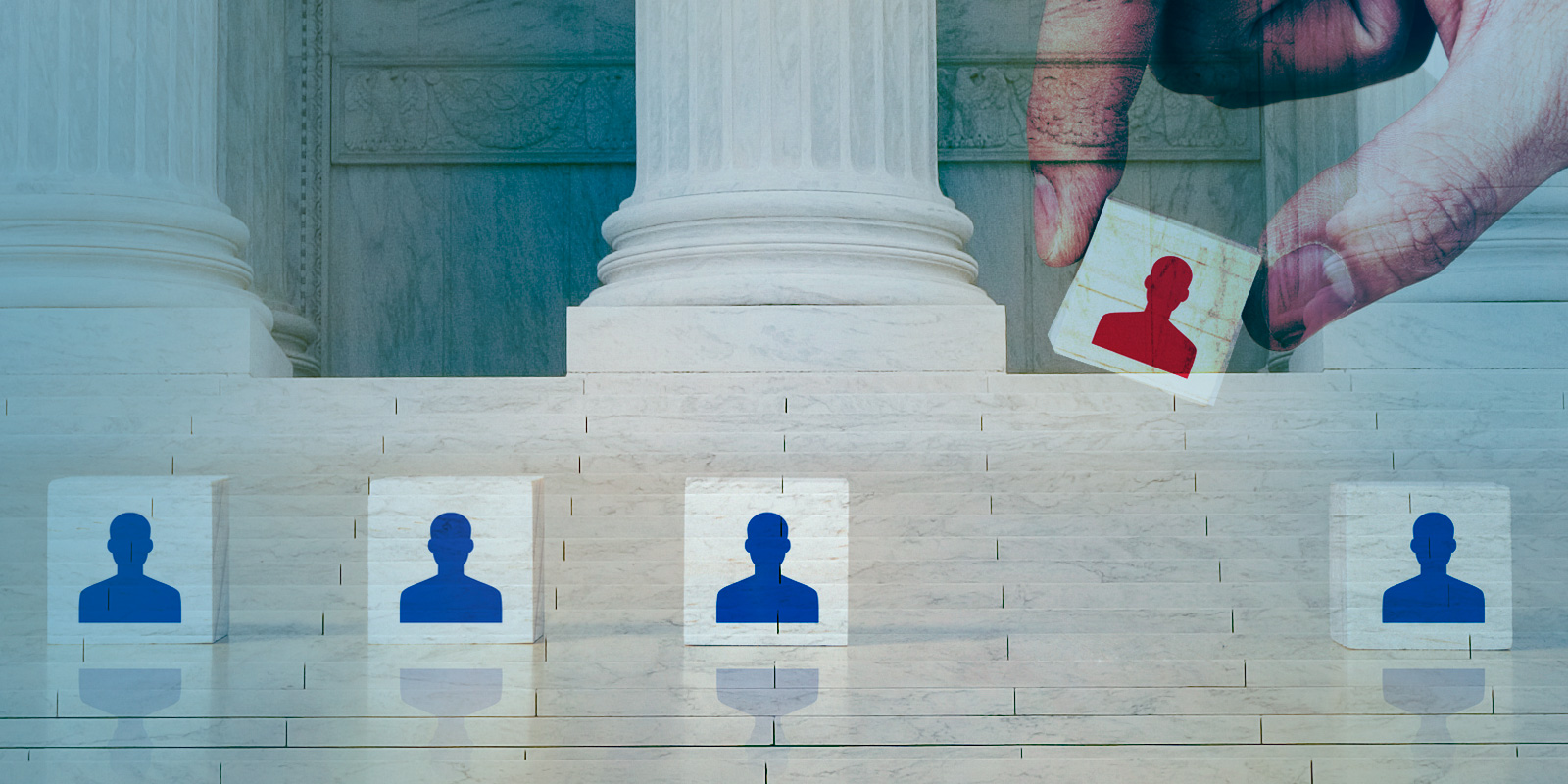
D.C. Circuit Puts Longstanding Defense to Employment Discrimination Claims In Doubt
D.C. Circuit calls for broadening the scope of Title VII's antidiscrimination provision.
On February 19, 2021, a panel of the U.S. Court of Appeals for the D.C. Circuit urged the full court to change the standards that govern employment discrimination claims in a manner that may broaden liability for employers. If adopted by the full D.C. Circuit, employment discrimination plaintiffs may be able to establish Title VII claims without proving that they suffered "materially adverse consequences" because of an employer's discriminatory act. The case is Chambers v. District of Columbia, No. 19-7098 (D.C. Cir. Feb. 19, 2021), and a two‑judge panel asserted that lateral job-related transfers can be unlawful under Title VII even when there is no reduction in pay or any other "adverse" change in employment.
The D.C. Circuit's proposed standard may already impact employers during federal agency investigations because the Equal Employment Opportunity Commission ("EEOC") and the U.S. Department of Justice ("DOJ") filed a friend-of-the-court brief in Chambers calling for the broader standard based on an ordinary language reading of the statute. Other cases are pending in courts of appeals nationwide where DOJ and the EEOC filed briefs taking the same position. This ordinary language, or textual, argument for broader liability could be attractive to a wide spectrum of judges.
What Is the Broader Significance?
The standard proposed by Chambers may extend to other laws that have the same or similar language as Title VII, including the Age Discrimination in Employment Act and the Americans with Disabilities Act ("ADA"). For example, the EEOC and DOJ filed a friend-of-the-court brief in an ADA case that argues that Title VII's no-adverse-action standard applies to ADA claims.
How Should Employers Respond?
Employers should expect the EEOC and DOJ to regard any alleged discrimination as potentially unlawful for Title VII and other similarly worded statutes. Other agencies, such as the U.S. Department of Labor's Office of Federal Contract Compliance Programs, may take the same approach. Employers should anticipate that federal agencies will look skeptically at any argument by an employer that an employee's claim lacks merit because the employee did not suffer a materially adverse action. In an agency investigation, employers should therefore defend any such claim by demonstrating that no discrimination occurred. In federal court litigation, however, the proposed D.C. Circuit standard conflicts with the majority rule in the courts, and employers can continue to argue that the materially adverse consequences standard governs and that it represents the appropriate standard.








